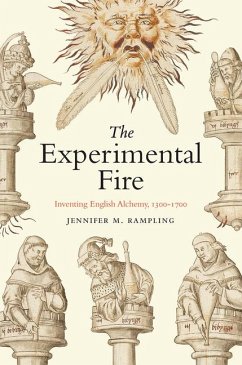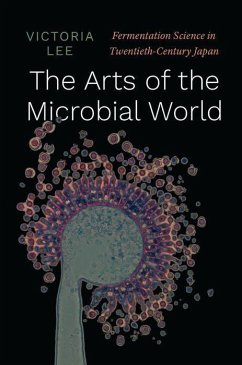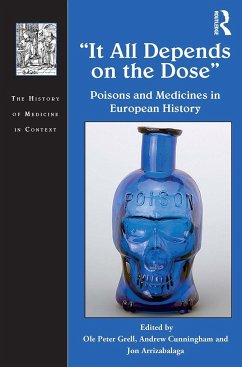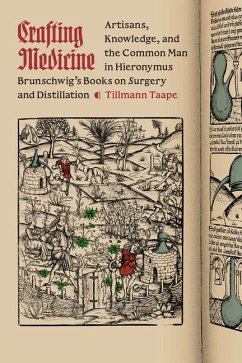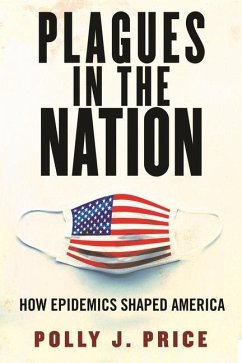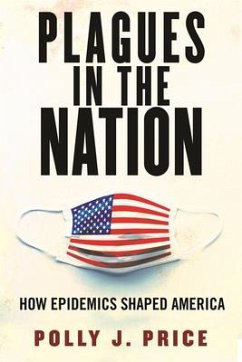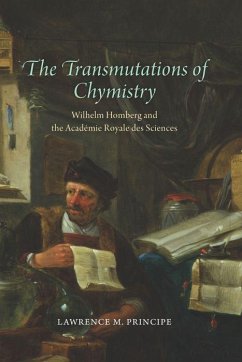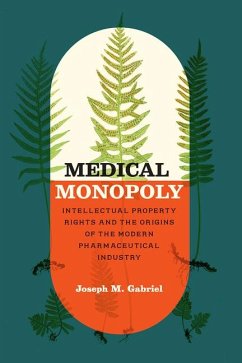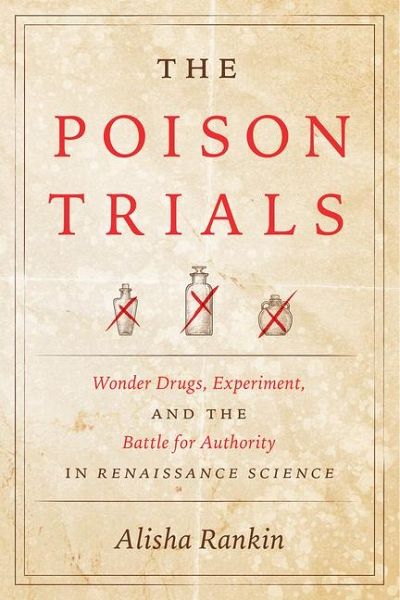
The Poison Trials
Wonder Drugs, Experiment, and the Battle for Authority in Renaissance Science

PAYBACK Punkte
24 °P sammeln!
"At a time when poison was widely feared as a harming agent and as the root of deadly diseases like plague, the urgent need for effective cures provoked intense excitement about new drugs. Doctors developed their experimental protocols for European princes and elites as an explicit contrast to the marketplace shows put on by those who sold cure-alls through dramatic displays. As they created, performed, and evaluated poison trials, physicians devoted careful attention to method, wrote detailed experimental reports, and engaged with the problem of using human subjects for fatal tests. By recons...
"At a time when poison was widely feared as a harming agent and as the root of deadly diseases like plague, the urgent need for effective cures provoked intense excitement about new drugs. Doctors developed their experimental protocols for European princes and elites as an explicit contrast to the marketplace shows put on by those who sold cure-alls through dramatic displays. As they created, performed, and evaluated poison trials, physicians devoted careful attention to method, wrote detailed experimental reports, and engaged with the problem of using human subjects for fatal tests. By reconstructing the history of the antidote trials, Rankin reveals how they generated extensive engagement with 'experimental thinking' in the century before the great experimental boom of the seventeenth century. The Poison Trials sheds ... light on the intertwined nature of medical innovations, professional rivalries, and political power"--
Dieser Artikel kann nur an eine deutsche Lieferadresse ausgeliefert werden.




